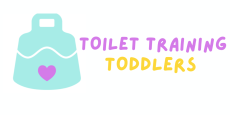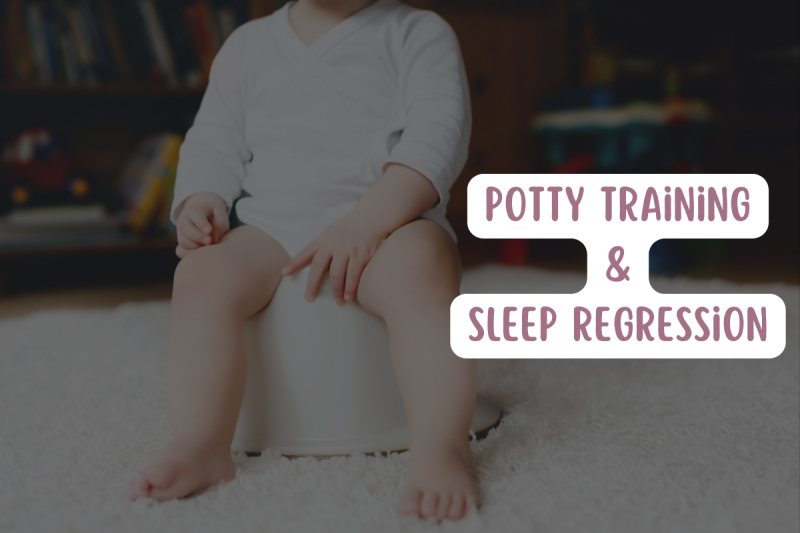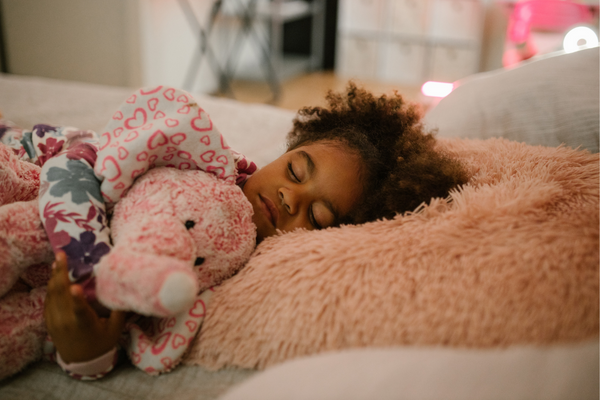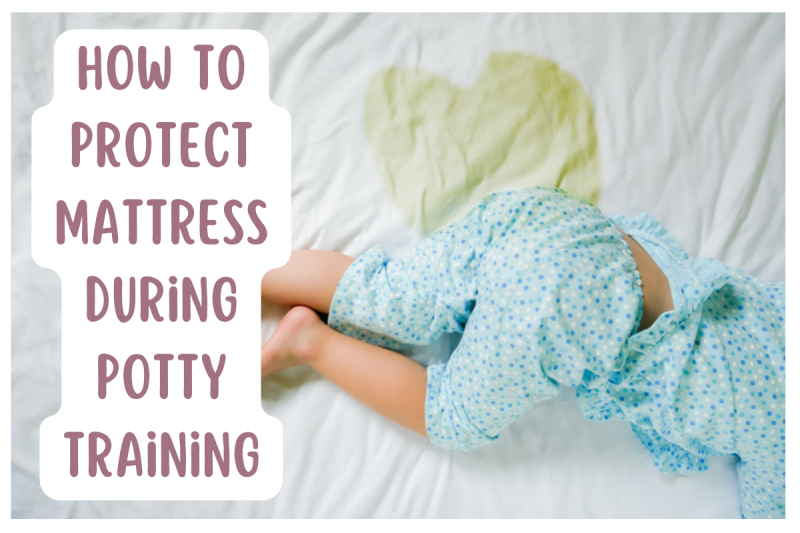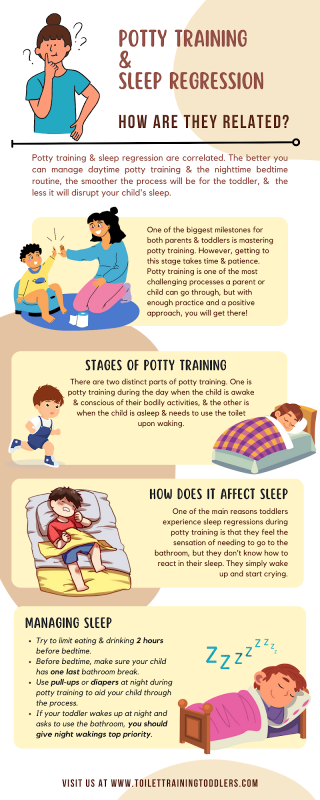One of the biggest milestones for both parents and toddlers is mastering potty training. It makes life much easier and healthier for everyone once your toddler can communicate when they need to use the restroom.
However, getting to this stage takes time and patience. Potty training is one of the most challenging processes a parent or child can go through, but with enough practice and a positive approach, you will get there!
A common side effect, which is often a surprise for some parents, is how potty training affects sleep quality. A toddler’s sleep is affected by a lot of different factors. Teething and illness definitely play a role, but the kind of experiences the child has and the amount of learning they go through also impact sleep.
Many parents may wonder, ‘Does potty training cause sleep regression?’. It most certainly can. Here is everything you need to know about it.
Stages of Potty Training
As adults, we often forget how much work it is for the body and mind to keep us updated about the different sensations we experience. Toddlers are unfamiliar with or unaware of the sensation of needing to use the restroom.
When they potty train, they learn not only where they should relieve themselves and how, but also that they need to use the restroom.
There are two distinct parts of potty training. One is potty training during the day when the child is awake and conscious of their bodily activities, and the other is when the child is asleep and needs to use the toilet upon waking. Both stages come with their problems.
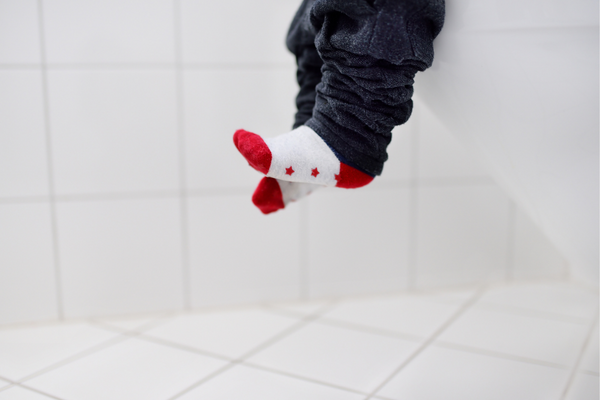
Naturally, it is only possible to train the child when they are awake. Learning how to manage bathroom breaks during sleep is something they will pick up automatically once they understand their body better.
The primary objective is to teach them how to manage themselves while they are awake to better equip them for when they wake during their nighttime sleep.
How Does It Affect Sleep
It is important to know how potty training affects sleep. For toddlers, learning the potty training process is a huge milestone. It is just as big an achievement as walking or learning to speak.
Like those skills, it takes time for a toddler to get good at this one too, and it only comes with repetition and practice. You are teaching your child to become more aware of a sensation that they have not noticed so far.
This can be very confusing for them. One of the main reasons toddlers experience sleep regression during potty training is that they feel the sensation of needing to go to the bathroom, but they don’t know how to react in their sleep. They simply wake up and start crying.
Also, they are becoming more aware of wet and dry diapers. So far, your toddler has easily slept through the entire night with a full diaper, but now that they are aware, it will disturb them more and cause them to wake up.
Parents often ask – how long do the sleep problems last when potty training? The real answer is that it varies from child to child. Some children adapt to the change quickly, while others take a bit more time.
Managing Sleep
Nighttime potty training regression is normal, and you should be prepared for it. There are a few things you can do better to prepare yourself and your toddler for this phase.
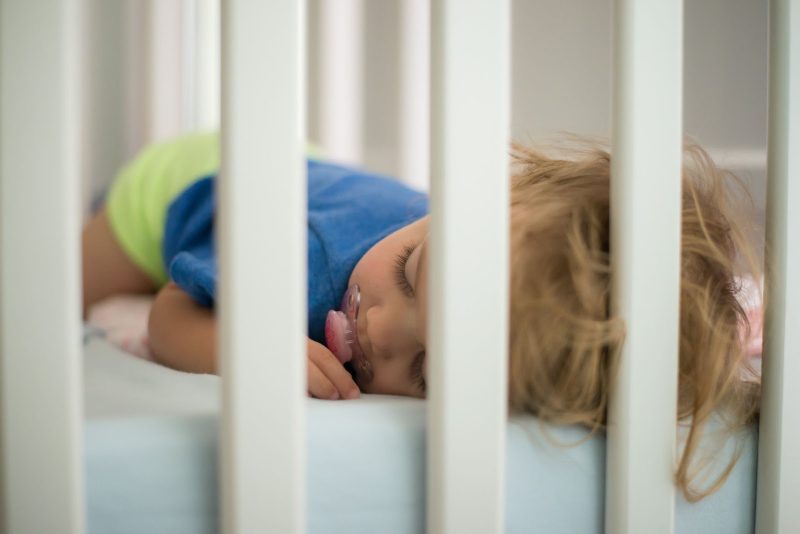
These include:
Eating and drinking – Try to limit food and beverage intake to 2 hours before bedtime. This way, your toddler will have an empty system after their last bathroom break before bed, making it easier for them to get consistent sleep throughout the night.
Bathroom break – Before bedtime, make sure your child has one last bathroom break. Give your toddler a bit more time during this visit, and make sure they use a little potty. Initially, your child might not have to use the bathroom, but once they get used to this routine, their body will use this last bathroom break. Again this will help prevent them from night waking and disrupting their sleep patterns.
Diapers and pull-ups – Use pull-ups or diapers at night during potty training to aid your child through the process. Since the child cannot wake up and use the bathroom on their own yet, they will still rely on the diaper to take care of things while they sleep. This will also make your life much easier as a parent and prevent nighttime accidents.
Over time, they begin to wake up more, but until then, the diapers will give you peace of mind.
Wake up when needed – If your toddler wakes up at night and asks to use the bathroom, you should give night wakings top priority. This is a key step in helping the toddler overcome potty training.
As they get potty trained, they also need to learn that it is ok to use it at any time of day or night. This will require more effort on your part.
Whenever your child needs to go to the potty, day or night, try to take them to the bathroom to do their business to encourage the habit.
Conclusion
Potty training and sleep regression are correlated. The better you can manage daytime potty training and the nighttime bedtime routine, the smoother the process will be for the toddler, and the less it will disrupt your child’s sleep.
You don’t want your toddler to think that this is a burden or that they are stressing you out because of it. This will only make it harder for them to learn this process.
Potty training is a 24-hour-a-day process. Initially, you will start with daytime training but be prepared for handling bathroom breaks at night until your toddler is confident enough and their body is ready to use the bathroom on their own.
